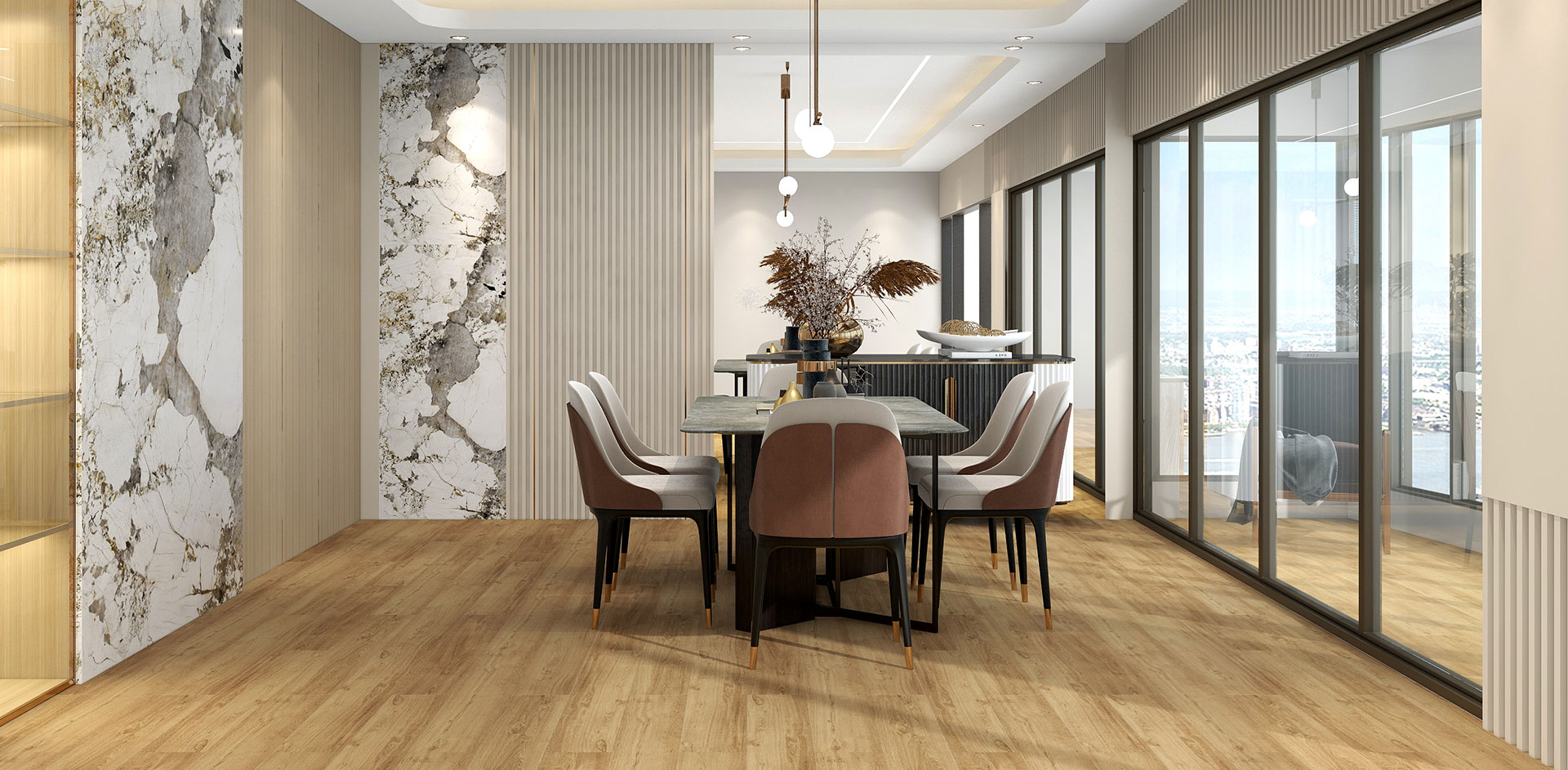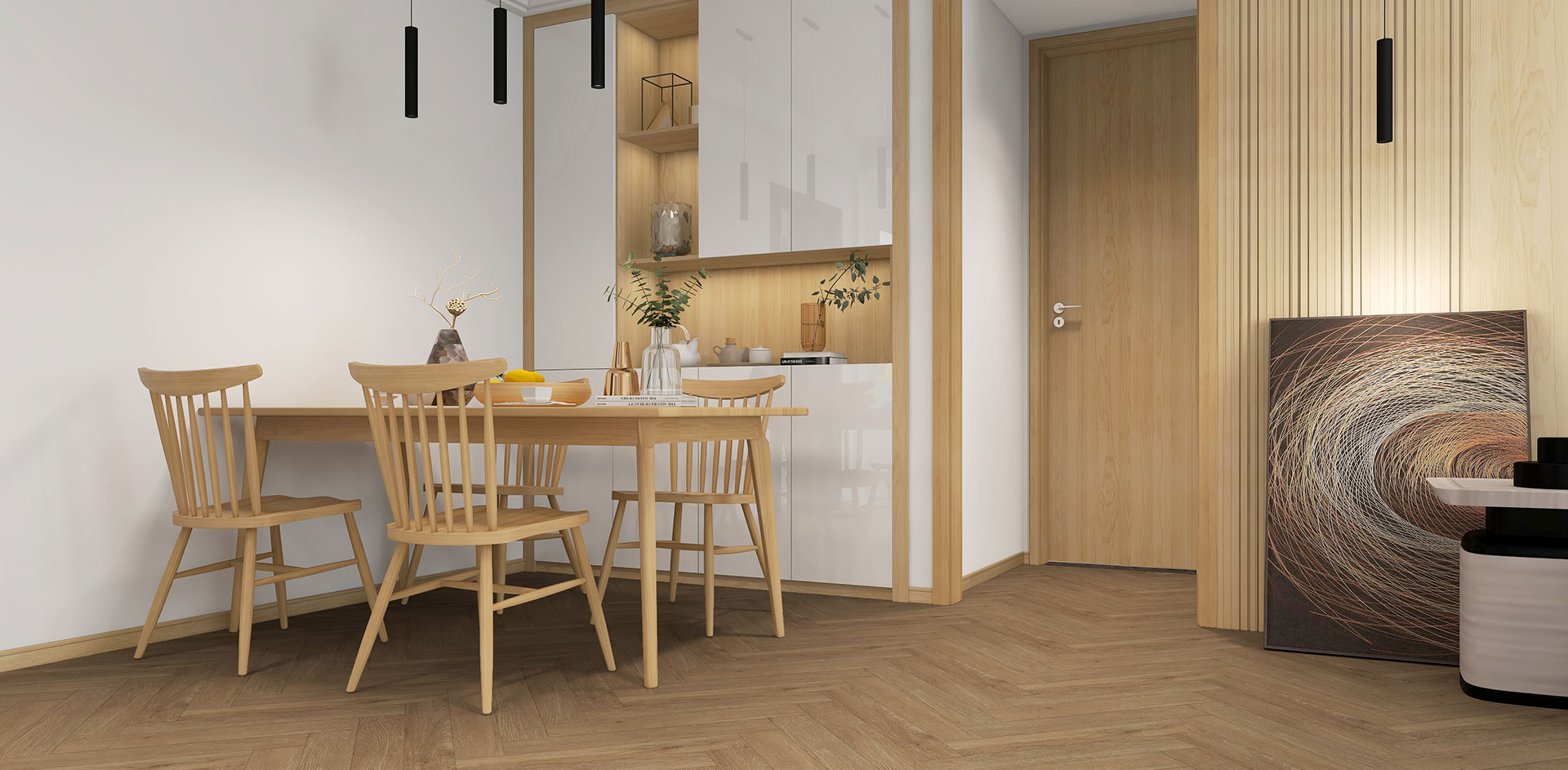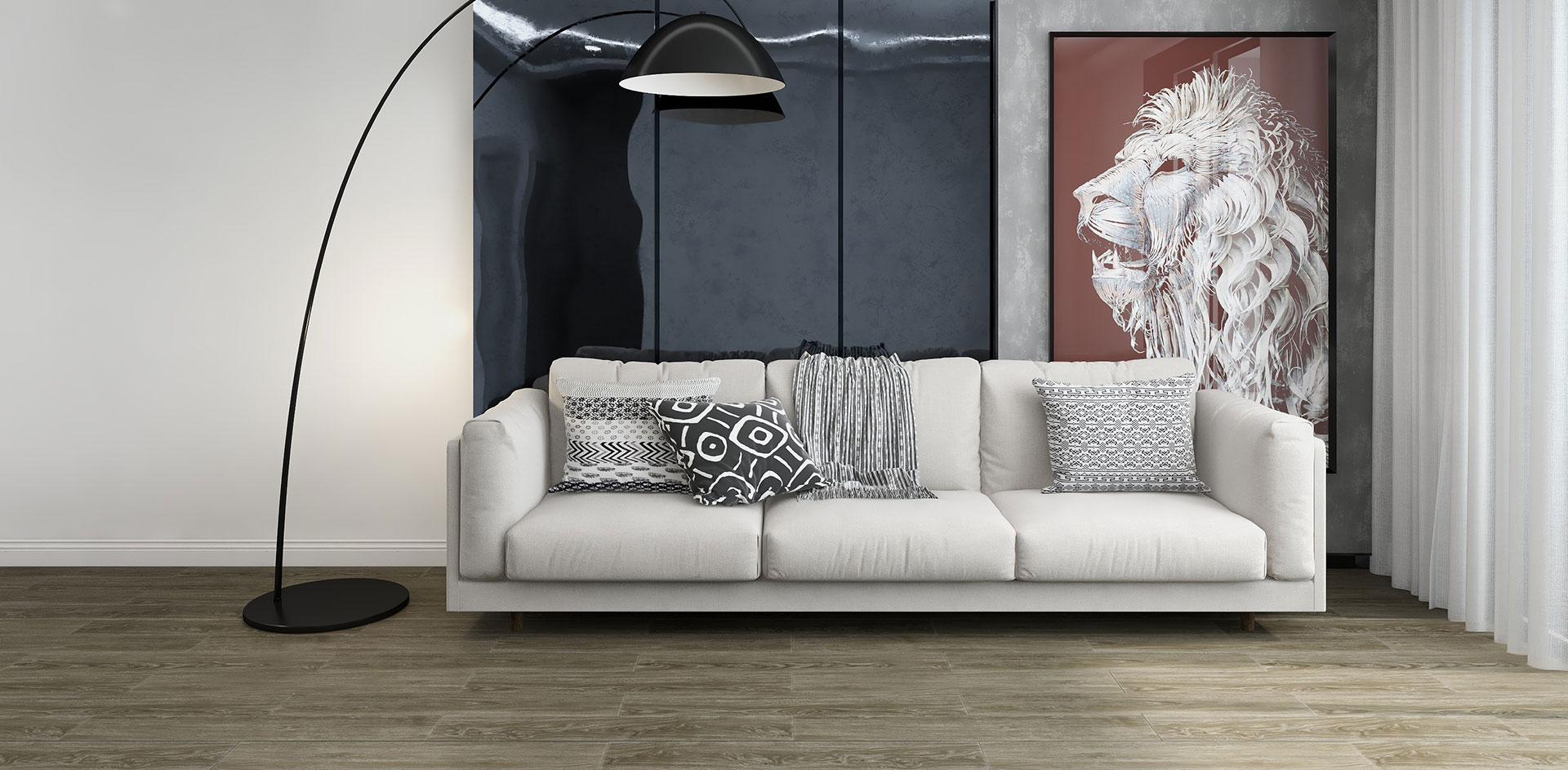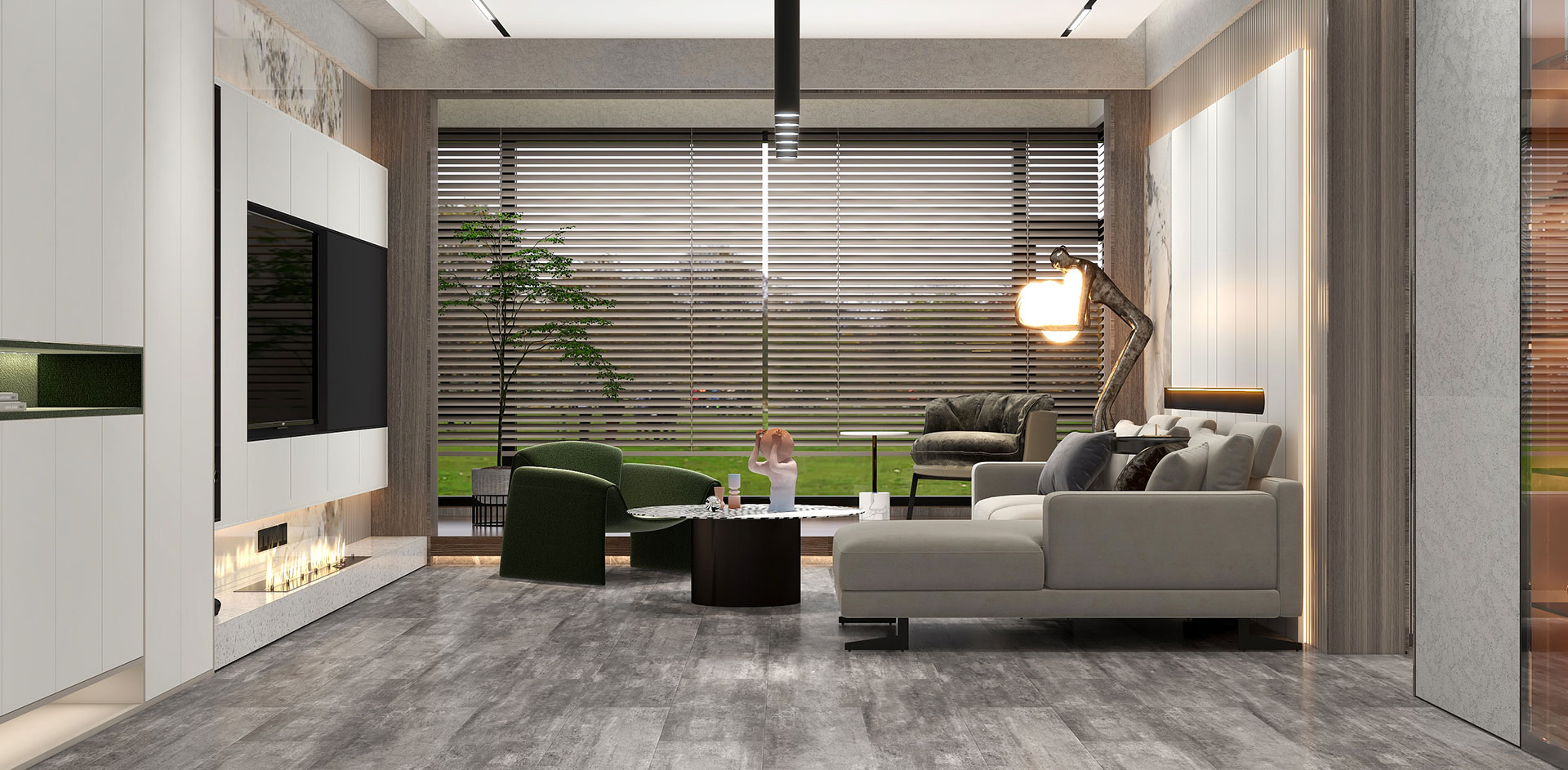Luxury vinyl tile (LVT) has both environmental benefits and considerations, and whether it's considered an environmentally friendly flooring option depends on various factors.
Here's a breakdown:
Environmental Benefits of Luxury Vinyl Tile (LVT):
Resource Efficiency: LVT typically requires fewer natural resources to manufacture compared to materials like hardwood or stone. It can be made from recycled materials and often requires less energy and water during production.
Durability and Longevity: High-quality LVT is designed to be durable and long-lasting, reducing the need for frequent replacements. Longer lifespan means fewer materials ending up in landfills over time.
Recyclability: Some types of luxury vinyl tile are recyclable at the end of their lifespan, allowing for the reuse of materials in new products. Recycling programs for LVT are becoming more common, contributing to resource conservation and waste reduction efforts.
Low Emissions: Many manufacturers produce LVT with low volatile organic compound (VOC) emissions, which helps maintain good indoor air quality and reduces harmful impacts on human health and the environment.
Environmental Considerations and Concerns:
Use of PVC: Most luxury vinyl tile contains polyvinyl chloride (PVC), a type of plastic known for its environmental impact during production and disposal. While PVC can be recycled, its production involves the use of fossil fuels and emits greenhouse gases.
Energy Intensive Production: The manufacturing process of LVT, including the production of PVC and the application of finishes and adhesives, can be energy-intensive and contribute to carbon emissions.
Disposal Challenges: While some luxury vinyl tile is recyclable, not all recycling facilities accept LVT, and proper disposal methods may be limited. Improper disposal of LVT can lead to environmental pollution and waste management challenges.
Indirect Environmental Impact: The environmental impact of luxury vinyl tile extends beyond its production and disposal to include factors such as transportation, installation, and maintenance. Minimizing energy consumption and environmental impact throughout the lifecycle of LVT requires sustainable practices at every stage.
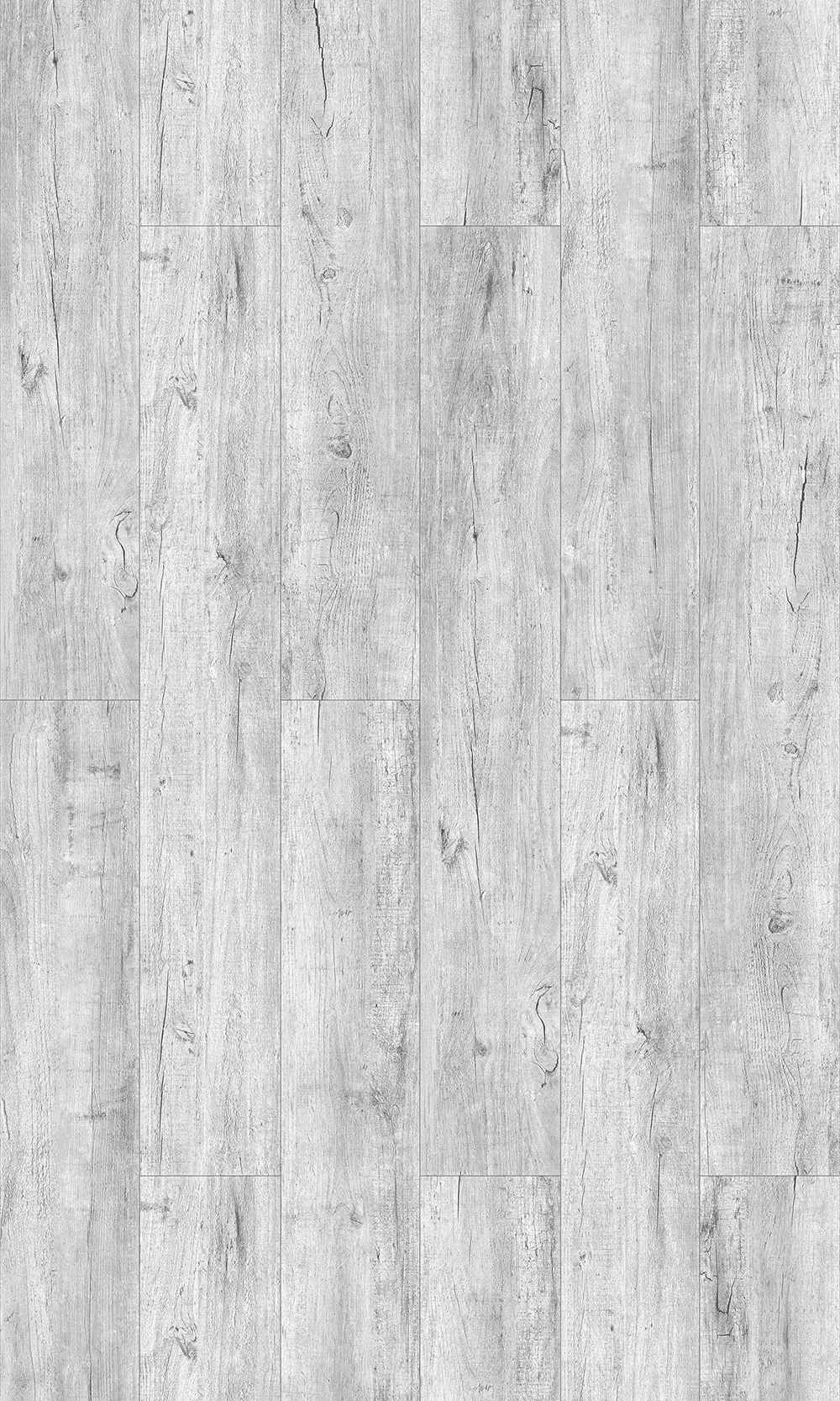
Luxury vinyl tile offers benefits such as durability, recyclability, and low emissions, but it's essential to consider its environmental impact holistically and weigh the benefits against potential concerns. Choosing LVT with recycled content, low VOC emissions, and
sustainable manufacturing practices can help mitigate its environmental footprint and make it a more environmentally friendly flooring option. Additionally, proper maintenance and responsible disposal practices contribute to minimizing the environmental impact of luxury vinyl tile over its lifecycle.


 EN
EN  English
English Español
Español
